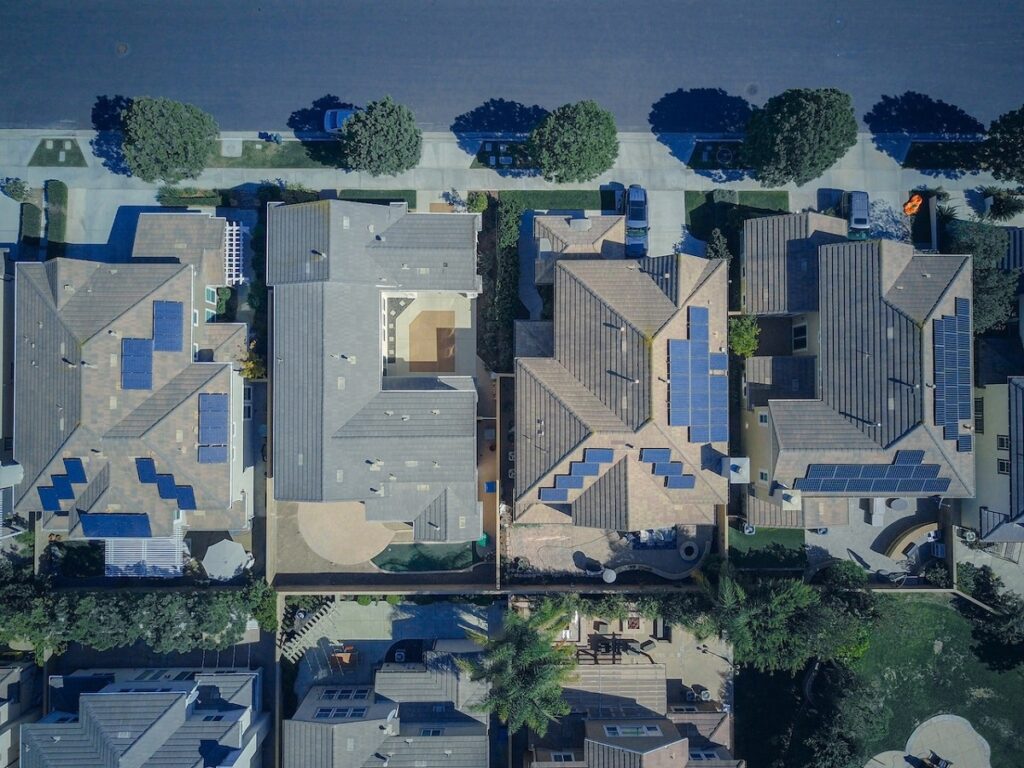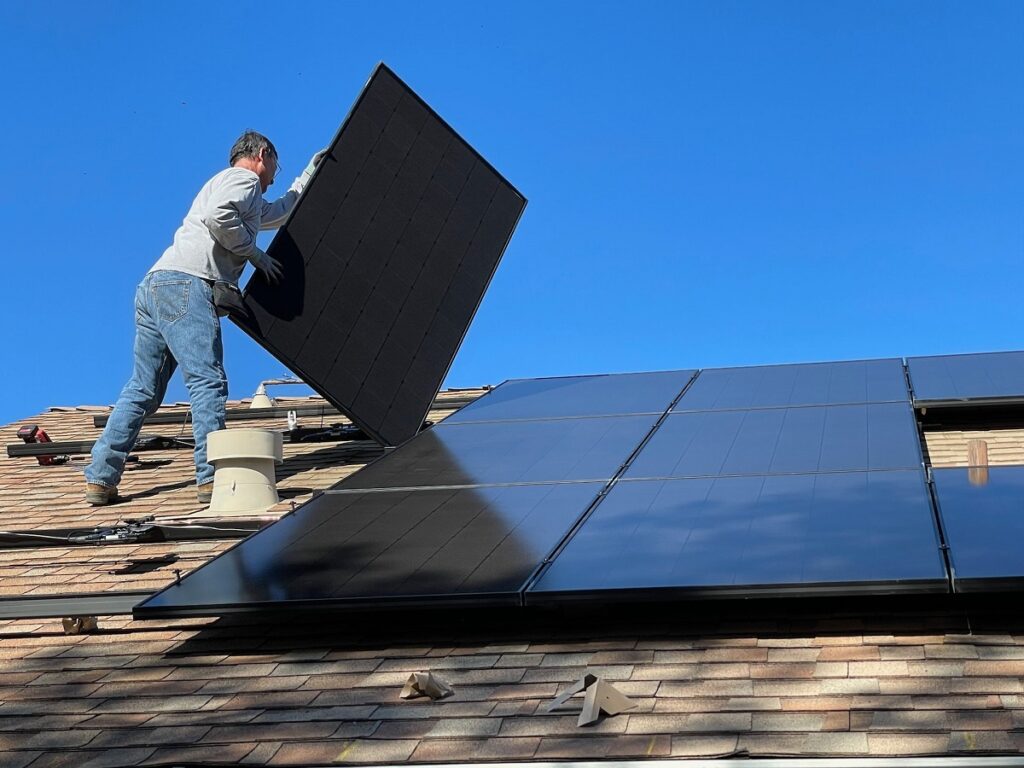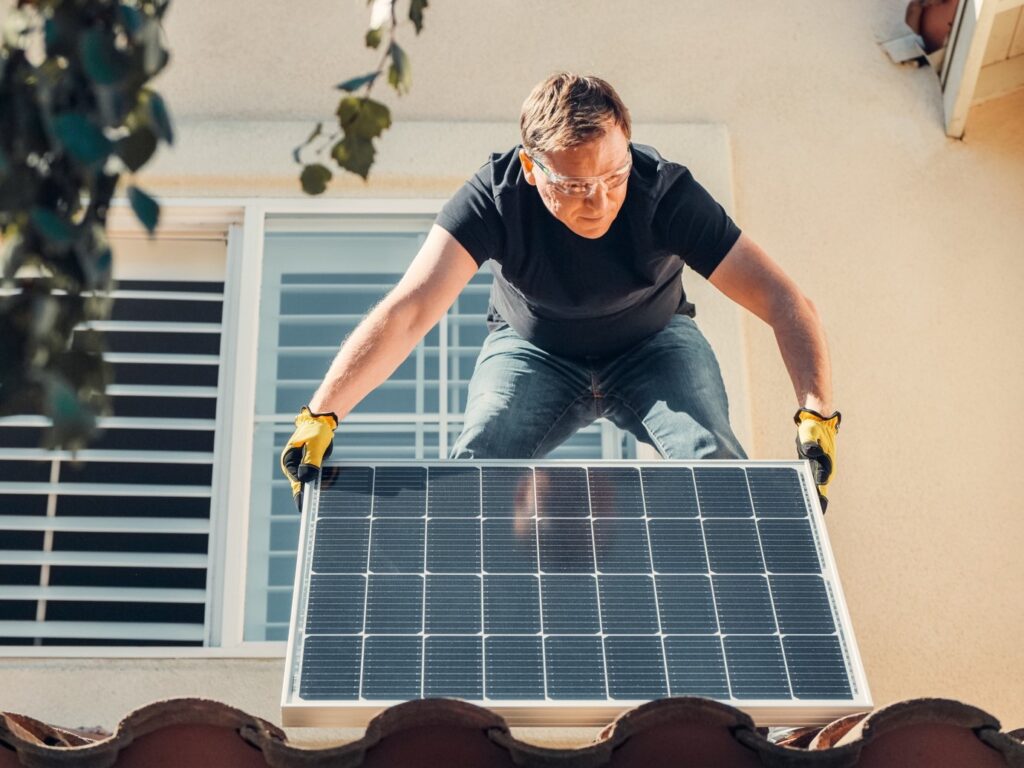Did you know Victoria’s building code forces people to connect a new house to the gas network? The question is why? The hidden fossil fuel subsidy that costs homeowners thousands.
Getting a house connected to the gas network costs $2,000 + additional plumbing and that’s before you’ve bought any (always inefficient) gas appliances. This is great for gas fitters but what about home owners?
What if you want all your services to be electric and you want to power those services with your roof-top solar system or solar + batteries in the future? This option is better and cheaper, so why is it hindered by the building code?
We’re talking Victoria here, but similar perverse subsidies exist in all states of Australia.
Now if you haven’t got gas out the front (and the government has been spending a fortune putting gas out the front of houses just about everywhere) then you’re ok, but if you do you’ll be caught up in this….
Technical Solution Sheet 6.13 6: Hot Water Plumbing
Duplicate solution of 98.01 (Solar Installations) – Applies from 19 April 2013
Q: Do heat pump water heaters comply as a solar option? A: Yes, only under limited conditions. If a reticulated gas supply from a gas company is available for connection to the building, the solar water heater—
- Must be a gas boosted solar water heater if it incorporates booster heating and is not a heat pump water heater; and
- If it is a heat pump water heater, no part of the heater that is capable of heating water can be connected to the mains electricity supply for that part of the heater to operate.
Is the building code just a mechanism to protect the gas fitters and fossil fuel industry?
Some people would say that protectionism is a bad thing but it is surely not as bad as forcing home owners to use fossil fuels in the home, which drives climate change, coal seam gas extraction and costs homeowners much more every time a bill comes in.
Home owners need to be able to chose for themselves which option they want to go with: an efficient, all-electric home that will save them money, or a home powered by fossil fuels that will only get more expensive over time. They should not be forced into the latter.
It is time for Victoria to wake up to the all electric revolution: Heat pumps use 80-86 per cent less energy when compared to electric element and gas hot water systems.
All-electric homes can be powered 98 per cent of the year purely off a 10kW solar system, a system size that is, conveniently, banned at the moment.
What can we do in the meantime? It’s best not to comply with the intent of this clause until it is overturned. I’m talking disobedience – going against the regulation. This clause is a disgrace and it can’t be overturned soon enough.
Technical Solution Sheet 6.13 6: Hot Water Plumbing
Duplicate solution of 98.01 (Solar Installations) – Applies from 19 April 2013
So taking Number 2 again:
- If it is a heat pump water heater, no part of the heater that is capable of heating water can be connected to the mains electricity supply for that part of the heater to operate.
We can say that the refrigeration pipes in the heat exchanger are not connected to the mains electricity supply (this is the case for any heat pump such as a Sanden that doesn’t have an electric boost element.). So we’re in, there.
In addition, we run the Sanden in the middle of the day when solar is producing and therefore 98 per cent plus energy for the hot water will be solar and renewable ambient heat, 80 per cent renewable ambient heat (10 per cent net solar imported energy, 90 per cent solar on-site energy) to drive the pump.
It is time to end the sneaky fossil fuel subsidies built into the building code. People want choice and have a right to choose a home energy system that will save them tens of thousands of dollars over the lifetime of their home, not one that will line the pockets of the fossil fuel industry and other special interest groups.
Contact us to find out how you can save on power bills.
Source: Matthew Wright and Paul Szuster


